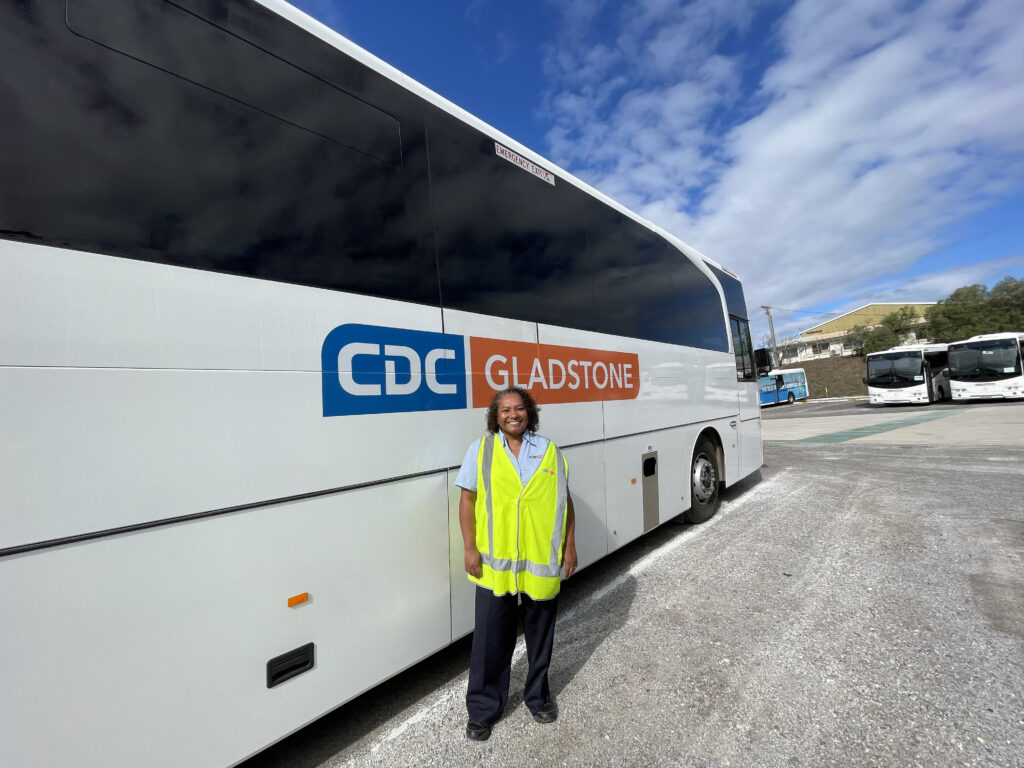
Aboriginal culture is all about passing down history to the next generation and when Lisa Mould sits down in a yarning circle with her elders, learning about her clan’s histories and traditions, she’s listening not only for herself but to ensure her daughters have an understanding of where they come from.
Lisa, who is a special needs carer at CDC Gladstone, is part of the Gubbi Gubbi (Kabi Kabi) tribe from the Sunshine Coast, Moreton Bay and Burnett Mary regions and has South Sea Islander heritage too.
“I love sitting down with my elders and talking about where I come from,” she said, when we spoke to her ahead of NAIDOC Week (July 4-11).
She said she was “very proud of my heritage” and was brought up in an “awesome family” where she learnt right from wrong, to be respectful, and how to honour her Indigenous roots.
She said while a lot of her family history was lost, and some of her family members came from the stolen generation, she was working hard to learn more.
She said initiatives like NAIDOC Week – and the independence of Vanuatu that her family also celebrated – were a great way of ensuring traditions were being upheld and so all Australians could learn about the First Nations’ cultures.
“My youngest daughter, Azara, is 16 and she’s very in touch with our heritage and believes it’s important to come together and learn,” she said.
“Even my husband has just found out he also has Aboriginal blood, but he’s from a clan in New South Wales. But I’m the same, I might be 51 but I’m still learning about our tribe and how to cook traditional meals and things.”
Lisa joined the CDC Gladstone team during the former Buslink days and couldn’t imagine working in another career.
Lisa’s passion for caring for children with special needs stemmed from caring for her own daughter, who has cerebral palsy and epilepsy.
During school drop-off and pick-up, she rides along on the bus with the driver and ensures the children are looked after and that they feel safe.
“We try to have a good laugh and a chat. Some children are non-verbal and you’ve got to learn to understand and help them too, as well as children who have hearing problems and that takes time to understand,” she said.
“I find it a great joy; it has its challenges, but in overcoming those, it becomes joy.”
Lisa said her position afforded her the time to be around to care for her eldest daughter, Gaby.
“She has a lot of support from the NDIS and she’s capable of doing things for herself but there are times that she needs me,” she said.
“She’s 25 this year and is working towards her hospitality certificate and should have a paid job in the next couple of weeks.
“She’s a great joy in my life and I think that’s why I went into the industry. I didn’t think I could do the work, but it’s very rewarding.”
